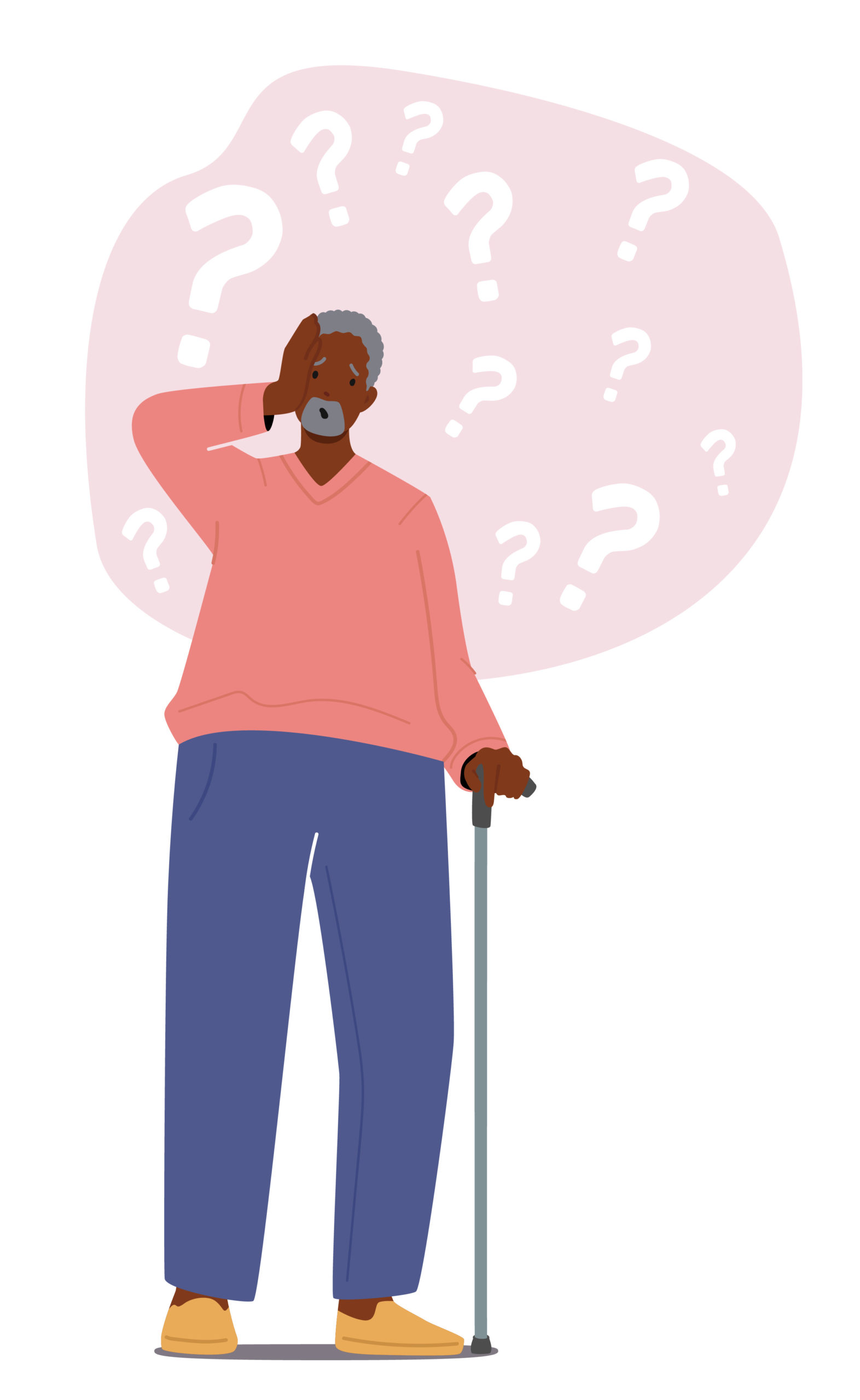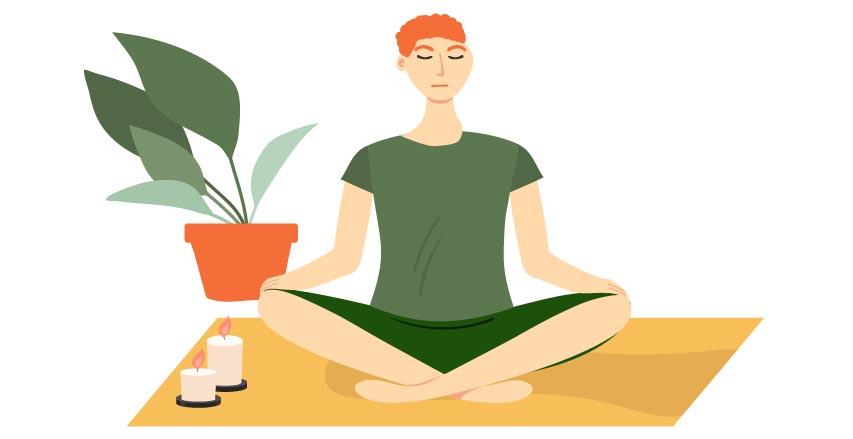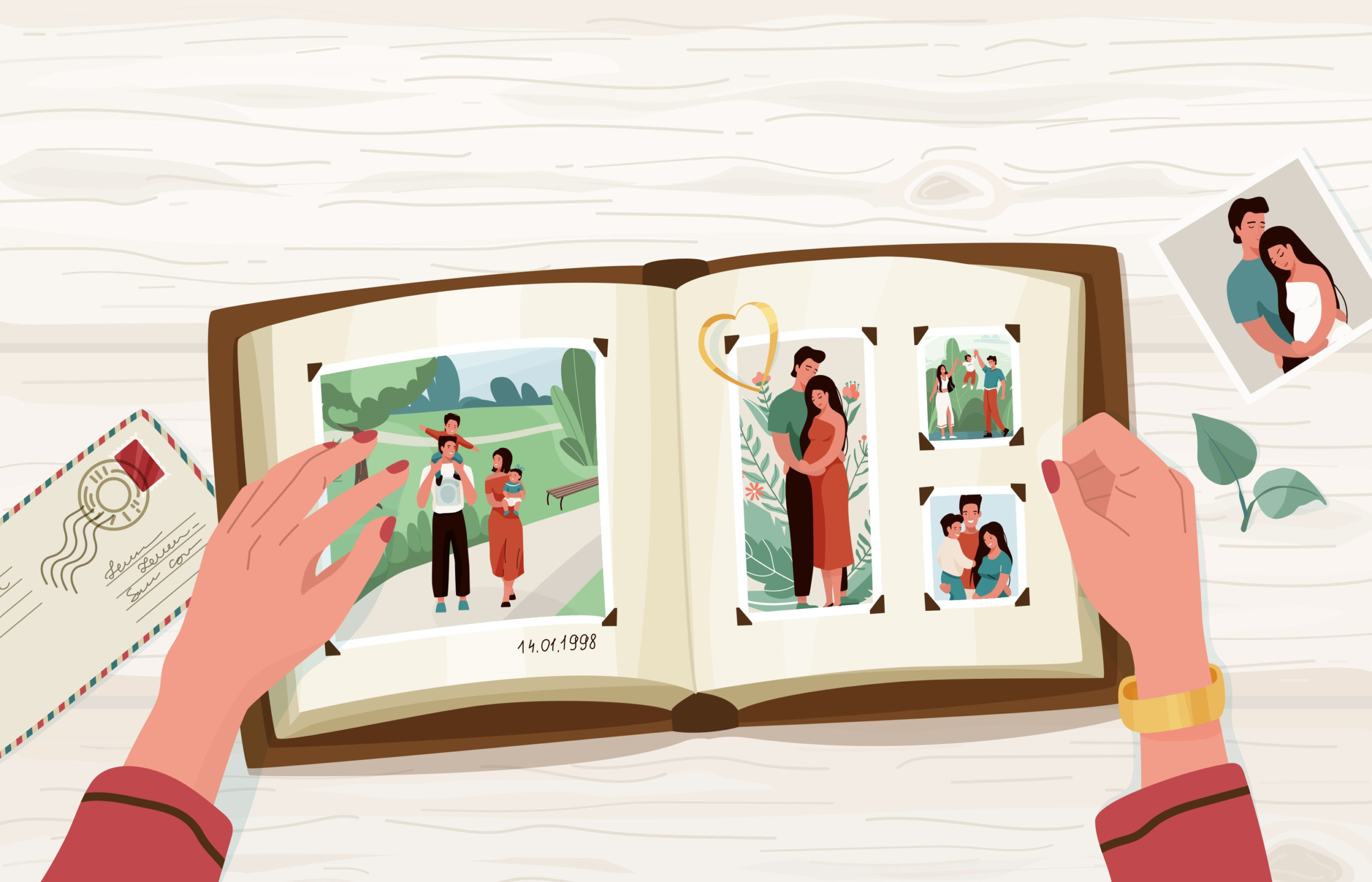Changes After a Death
Immediate Changes After a Death
When a person close to you dies, the first changes you experience may be related to your grief reactions. You might experience:
- a lot of different emotions,
- no emotions at all, or
- emotions you can’t describe.
Depending on your relationship to the person who died and how much a part of your life they were, you may feel
- angry,
- sad,
- frustrated,
- lonely, or
- in pain about their absence.
You may find that some days are easier than others.
Grief feelings usually become less intense over time, but there may be moments when strong feelings of grief return, even years after a death. Usually, little by little, you can begin to enjoy each day and learn how to live without the person who was close to you, while always remembering them.
There’s no timeframe for your grief or predictability about it. Your grief is unique to you.

How Your Life May Change
Everyone’s situation will differ, depending on many factors. A person’s grief response, familial relationship to the person who died, emotional attachment to the person who died, and many other factors can impact the changes that occur after a death.
Here’s are some things that may change after a death:
- You may find yourself out of your usual routine. This could be because of the many events and rituals that take place after a death. These or other disruptions caused by the death may make you angry at the person who died or at the people around you. Changes can produce feelings of anxiety due to the uncertainty.
- You may find yourself trying to keep busy to avoid thinking about the death. It can sometimes be helpful to stay busy, but it is important to give yourself time to think about the death and to feel your emotions. You may want to consider scheduling time into your routine to process the death emotionally, when you are ready.
- You may have trouble thinking about your future without the person who died.
- You may forget that the person died and feel surprised and sad all over again when you remember.
- You may have sudden memories of the person, or visit a place that was special to them which also brings up overwhelming feelings.
- On holidays and special occasions, such as birthdays or anniversaries, you may have strong feelings about their death.
- You may have strong reactions to certain sights, sounds, or smells that remind you of the person. These kinds of feelings are common; avoiding them may make them stay with you longer.
- If the person who died was your caregiver, you might need to move to a new home with new caregivers. If this worries you, communicate with a trusted person about the changes that could occur and make a plan to handle them. To read more about the changes that may come after the death of a caregiver, click here.
- Depending on how the person died, there may be times when you think about your own death. If this worries you, communicate with a trusted family member, friend or professional support person about your questions and concerns.
Helpful Suggestions to Cope with the Changes
It can be stressful to think about how these changes will impact your life and routines. Adapting to changes and creating new patterns of life can be overwhelming, bringing on feelings of frustration or anxiety. There is no right or wrong way to grieve or feel unless it is harmful to yourself or others.
Each day you may feel a range of emotions:
- There may be times when you feel sad that the person is longer in your life.
- You may have times when you don’t feel sad, or sad feelings seem small or far away.
- There may be times when you find yourself laughing and enjoying yourself. These are natural reactions, and if you feel good, it doesn’t mean you didn’t care about the person who died.
- Sometimes you might feel happy when you think about times you shared with the person who died.

If you’re feeling overwhelmed, here are some ideas that may help:
- Be gentle with yourself.
- Do nice things for yourself.
- Share your thoughts and feelings with a trusted person or professional.
- Spend time on a hobby that brings you joy.
- Create something new: a work of art, a poem, a garden, or a craft project.
- Listen to music or play an instrument to make your own music.
- Watch favorite videos or movies.
- Move your body by taking a walk, jogging, or dancing
- Spend time in nature or near water. Go for a hike or just sit outside.
- Spend time alone.
- Remind yourself that these intense moments of grief will not last forever.

Religion and Spirituality May Help with the Changes
If you are religious, spiritual, or feel connected to the universe through nature, these may help you cope after a death. If these kinds of connections were helpful to you in other difficult times, they may be especially helpful to you as you grieve.
Now may be the time to access the support your faith community has provided you in the past. If you haven’t been part of a faith community, this could be a good time to find one.
Faith and spirituality matter, and they can help you remember:
- what’s important in life,
- that you are loved,
- that you are not alone,
- to have hope that life will get better, and
- that being part of a faith community may provide you with:
- a group of people to support you,
- help with meals, transportation, or other basic needs,
- people to acknowledge your grief, and
- rituals on anniversaries or other special days.
Ways to Remember the Person Who Died
People often search for ways to remember someone after the person dies. Remembering the person who died can bring comfort because it helps them continue to feel close to the person who is no longer physically in their life. Other people find it too hard to think about the person who died because it makes them feel sad or lonely, especially right after the death.
If you would like to find ways to remember someone who died, you may want to try the suggestions below. Some of these ideas may work well for you and others may not.
There’s no particular time to try these suggestions. One suggestion may not be helpful shortly after a death but it may bring you comfort months or years later.

- Keep photos of the person nearby. Some people find this is a good way to remember the happy times spent together. For others, it could be a painful reminder that the person is no longer in their life. Decide what works for you.
- Wear a piece of their clothing or jewelry. A hat, shirt, sweater, coat, or favorite necklace or ring could help you feel closer to them by remembering how they smelled, or by remembering a time they wore it when you were together.
- Write a letter or poem, or draw a picture about them. If you like to create these forms of art, you could share the piece with family and friends to communicate a happy or funny memory of the person who died. It is also fine to keep your art to yourself.
- Share your memories about the person in order to let others know what was special about them.
- Visit the cemetery where they’re buried or visit a place that was important to them.
- Volunteer at a house of worship they attended, or at a nursing home where they lived, or at an animal shelter if they loved animals.
Social Story
You may find the social story below helpful as you find ways to remember a loved one who died.
